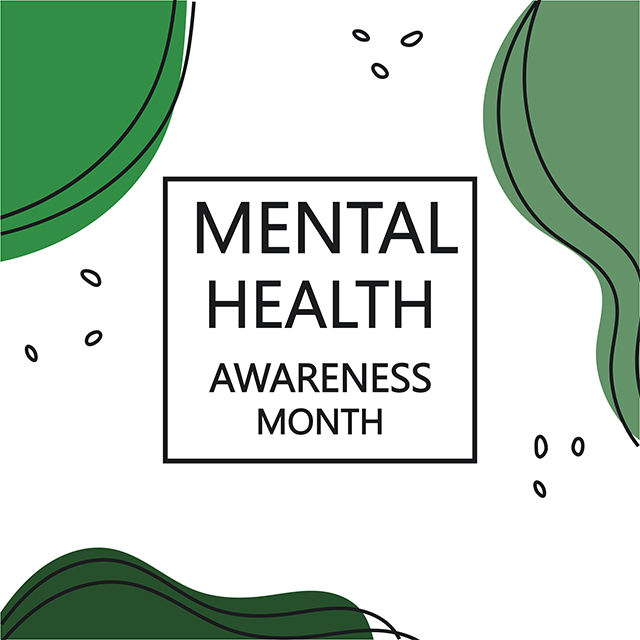May is Mental Health Awareness Month and we are continuing our theme of providing education and resources for anyone who is impacted. Which is a lot of us considering recent data suggests that over 50% of Americans will experience mental health problems at some point in their lifetime. Depression is the leading cause of disability worldwide. Youth depression rates have doubled since 2012. And mental illness affects people of any age, race, sex, religion, or income.
Despite this, stigma around mental health continues to be a primary barrier in seeking help and talking about it with others.
Last May, we published a post titled five facts about mental health in an effort to decrease stigma.
This year, we aim to provide mental health resources that are accessible to anyone in the community.
National Suicide Prevention Lifeline – Call 800-273-TALK (8255) if you or someone you know is in crisis—whether they are considering suicide or not—and you can speak to a trained crisis counselor 24/7.
Crisis Text Line – Text 741-741 and you can receive free 24/7 crisis support via text message.
National Alliance on Mental Health (NAMI) – The National Alliance on Mental Illness is a United States-based advocacy group originally founded as a grassroots group by family members of people diagnosed with mental illness. Visit their website or call 1-800-950-6264 for access to mental health support.
Substance Abuse and Mental Health Services (SAMSHA) – Contact SAMHSA’s National Helpline at 1-800-662-HELP (4357). It’s a free service that is open all day every day. The service provides referrals to treatment facilities, support groups, and community-based organizations.
National Domestic Violence Hotline – Call 800-799-SAFE (7233) to take to a trained advocate. They provide support and information to anyone affected by domestic violence. All conversations are confidential.
National Sexual Assault Hotline – Call 800-656-HOPE (4673) to talk to a trained staff member from a sexual assault service provider in your area for free. Crisis chat is available online as well.
Mental health providers in addition to our community partners need to raise our voices against stigma and widely share free resources like those outlined above. By talking openly and accurately about mental health, we can begin to break down the barriers to treatment and assist them in accessing an appropriate level of care.

